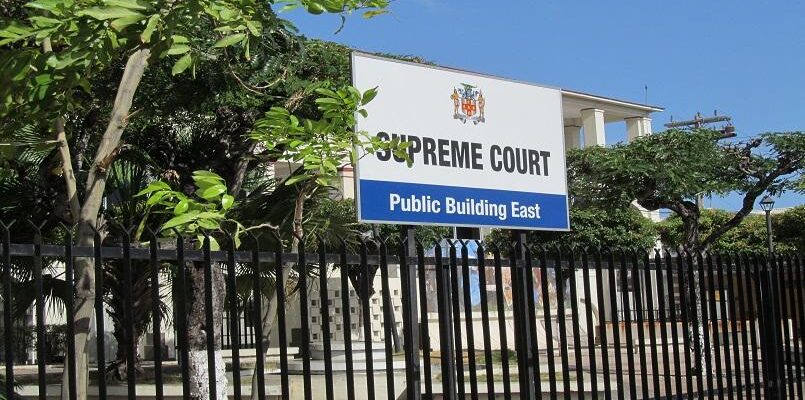
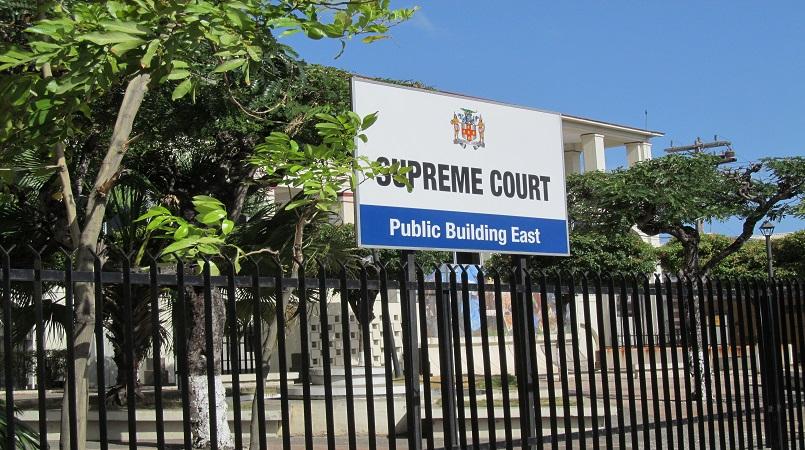
Chief Justice Bryan Sykes has emphasised the urgent need to redesign Jamaica’s court facilities to better accommodate the various occupational groups that utilise these spaces.
Speaking at a press conference on Monday, October 14, he highlighted that the original designs of many court buildings, which date back to before Jamaica’s independence, were primarily focused on judges and court staff, neglecting the needs of other stakeholders.
“When our court system was being designed and built years and years ago, many of these buildings coming from before independence, there was a different thinking then and the court buildings were designed exclusively with the judges and the court staff in mind but that thinking has changed so you now have different occupational groups who actually work on the court for extended periods of times,” he said.
He stressed that the issue extends beyond simple maintenance and that a complete rethinking and redesign of court infrastructure is necessary to function effectively.
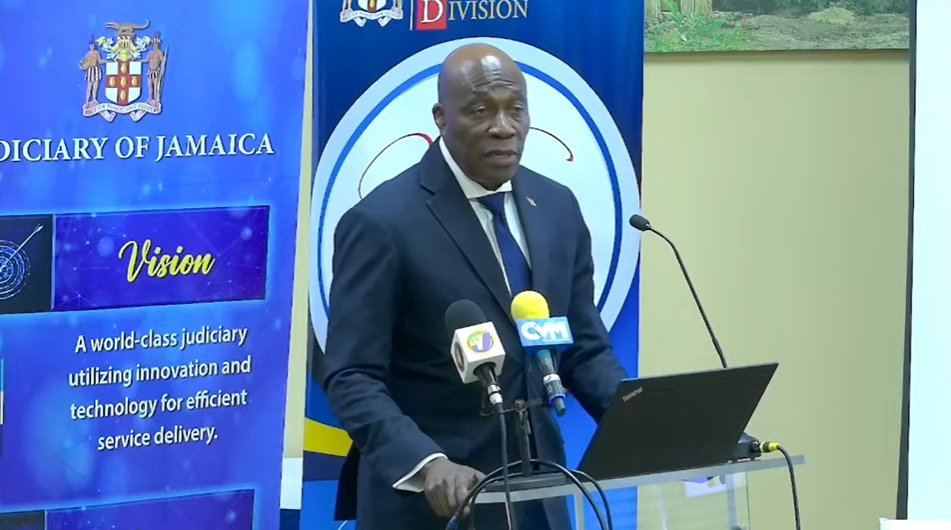
“When it comes to our court infrastructure it is not a simple question of maintenance, the whole philosophy has to be rethought and redesigned so that courts become what they are which is the workspace for different occupational groups for extended periods of time,” he added.
He noted that the repurposed family court in St Ann that was refurbished by the Ministry of Justice is the only court in Jamaica that has accommodation for various groups such as police officers, close protection officers, attorneys, judicial clerks and childcare spaces.
Sykes said this redesign will require significant capital expenditure.
Additionally, Sykes mentioned the proposal for a public-private partnership aimed at attracting private investment for constructing new courts across the island. However, he raised concerns about the potential risks associated with this partnership model, questioning the implications if the arrangement were to fail and whether it could hinder access to justice.
“We have raised some questions regarding the public-private sector partnership. The core understanding is that the private sector will build the court as an investor and then the persons whether natural or juridical will be paid over time. So what if there is a breakdown of the arrangement, because the court will not be a party to that arrangement? Will the courts be barred?” he questioned.
Sykes also called for a holistic approach to modernising court facilities which includes a standardised model for the design.

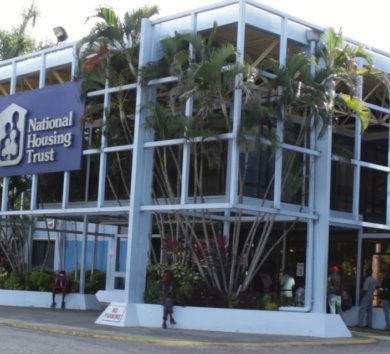

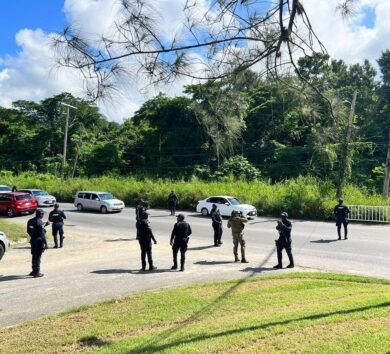


Comments